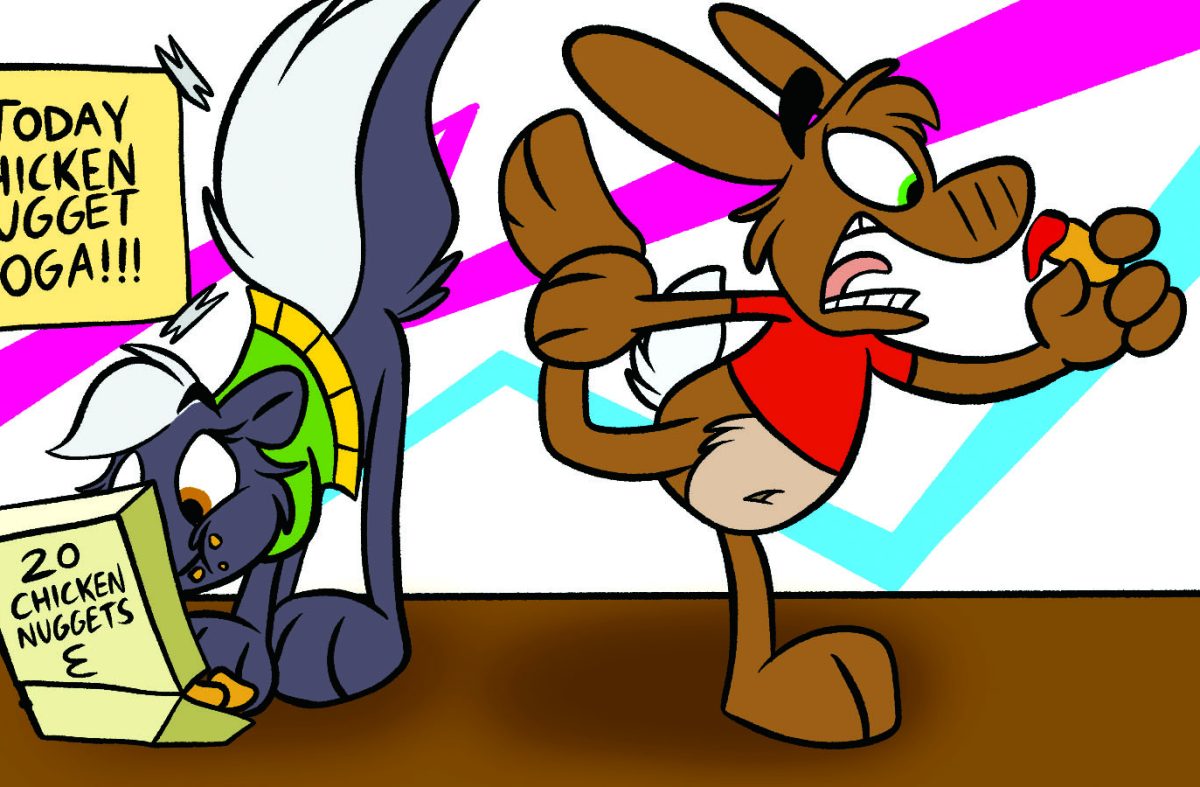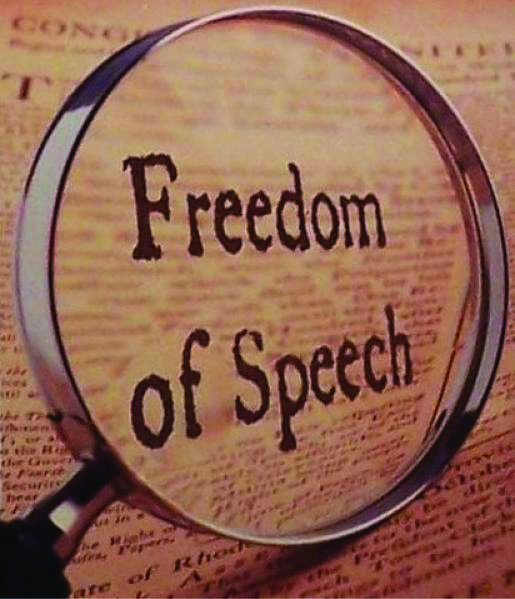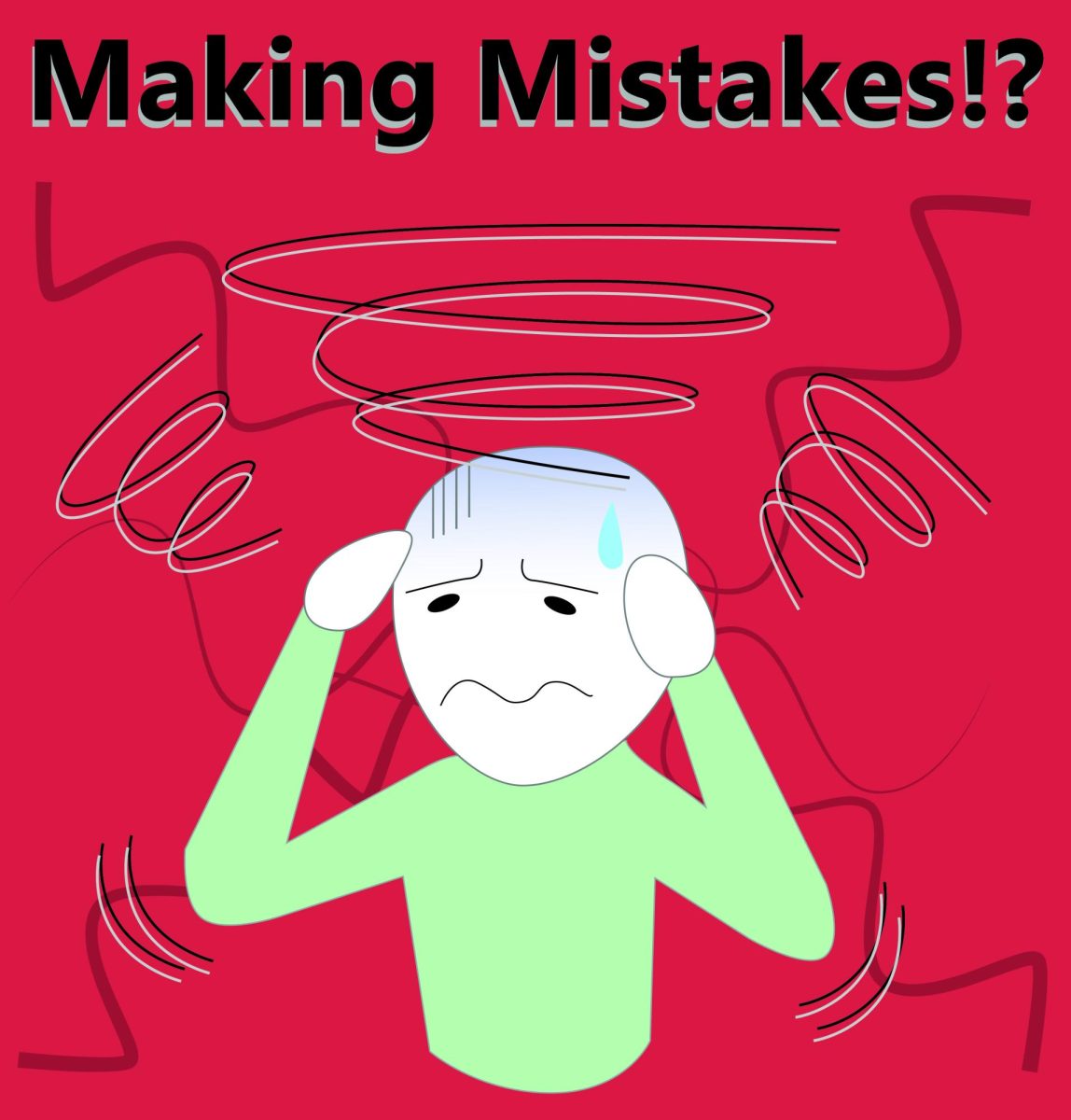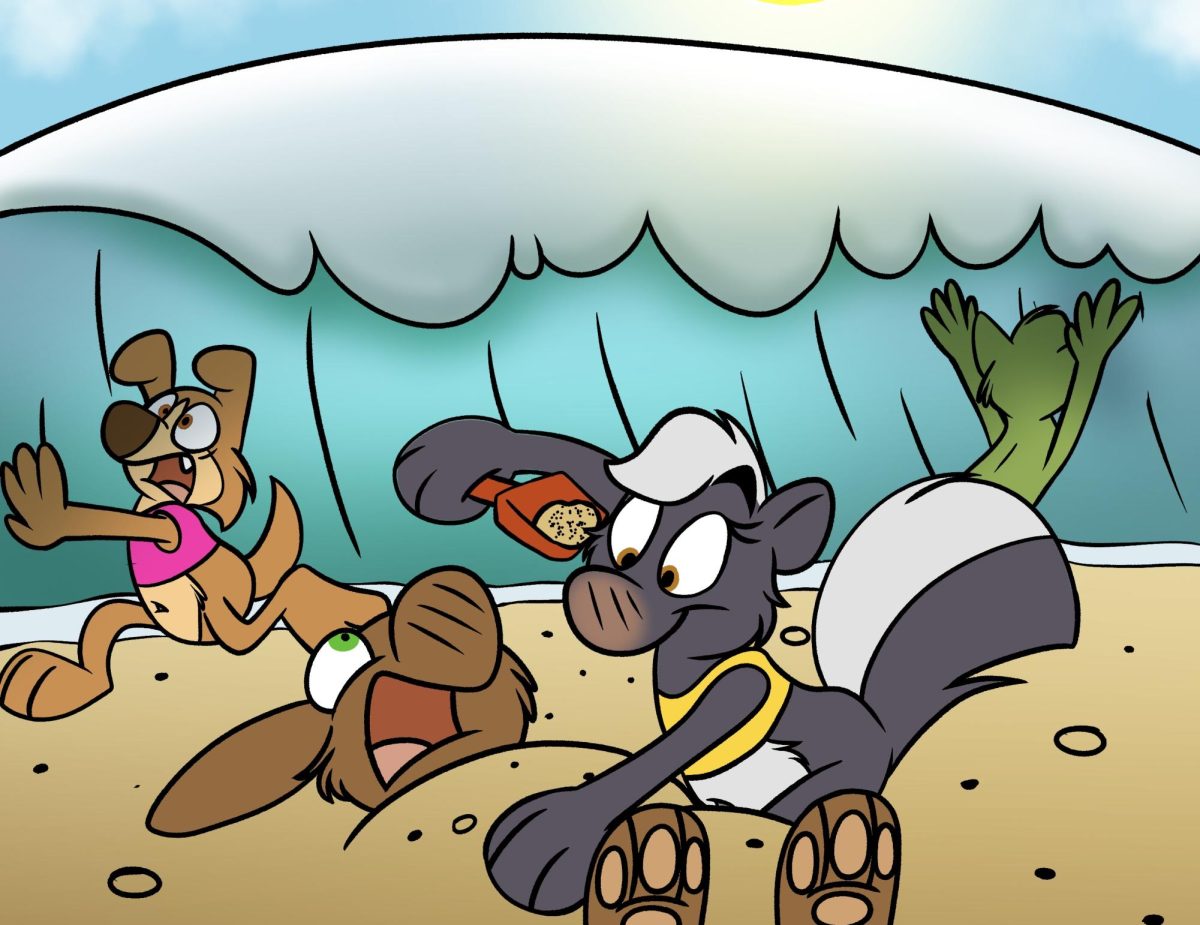By Daniel Davidson
We’ve all heard of the civil rights movement. Most of us have had to write papers about someone or something within the movement such as Dr. Martin Luther King Jr., Malcolm X, the Black Panthers, the various boycotts and marches or the Freedom Rides.
All too often we look at these events in history books or websites and forget how much courage, perseverance and resiliency it took to follow through with any one of them.
Allow your imagination to put you in the shoes of some of the most courageous people in the movement, the Freedom Riders.
The year is 1961. We are 98 years past the Emancipation Proclamation and 96 years past the ratification of the 13th amendment which officially ended slavery.
It has been seven years since Thurgood Marshall’s profound victory in the Brown v. Board of Education Supreme Court case which desegregated our schools.
Six years since the murders of the Rev. George Wesley Lee, Lamar Smith, Emmitt Till and John Earl Reese.
Five years ago Autherine Lucy became the first black student to attend the University of Alabama despite heavy opposition.
Four years ago, the Little Rock Nine faced terrible hardships to segregate the all white Central High School in Arkansas.
The Southern Christian Leadership Conference (SCLC) was founded in Atlanta. And just last year, the black vote helped elect a new young president who previously helped Dr. King get out of a wrongful, long-term jail sentence, John F. Kennedy.
The civil rights movement is in full swing and progress is being made. However, in the South, Jim Crow laws (separate but “equal”) are still enforced. Segregation, while illegal, is still enforced.
Black people must use separate bathrooms, water fountains and restaurants or face being beaten, mutilated, raped, hanged or burned alive.
The Knights of the Ku Klux Klan (KKK) is at the height of its power. Not only does the general public condone such behavior, so do the schools, police, business owners, and politicians.
To be black and in the Southern United States in 1961 was a very dangerous thing to be.
Lynchings are still conducted. Murders happen in broad daylight, with witnesses, and no one is ever convicted because no one would dare to tell on a white man for killing a black man.
I hope you are feeling two things at this point: Anger, at the atrocity of the situation.
And courage, to stand up for what is right, and against what is so clearly wrong.
Imagine you are a 19-year-old college student with your whole future ahead of you. It’s May and finals are fast approaching. At your college, you hear of an organization called the Congress of Racial Equality, or C.O.R.E., and they are looking for volunteers.
They plan on organizing a nonviolent bus ride to test the federal government’s enforcement of one of last year’s Supreme Court decisions in Boynton v. Virginia that determined segregation on interstate bus and train travel, as well as at bus and train stations, is unconstitutional.
They are heading straight into the Deep South. C.O.R.E. will provide you with training on how to confront violence with nonviolence, and you will certainly face harassment.
You might be thrown in jail. You might be beaten, spit on, stepped on and possibly even killed. Only 13 people have signed up to go so far, seven black and six white.
Now, ask yourself the same question professor Kat Cloer asked all of us in her Civil Rights class: Would you get on the bus?
In American society today, we are faced with a number of civil and human rights issues.
They range from equal pay for women, immigration rights and homosexual marriage to racial inequalities within the judicial system and atheists being banned from public office.
Find your bus and get on board. It only takes the dedication, determination and perseverance of a few to change the face of a nation for the better.
As Mahatma Gandhi said, “you may never know the result of your action, but if you do nothing there will be no result.”







